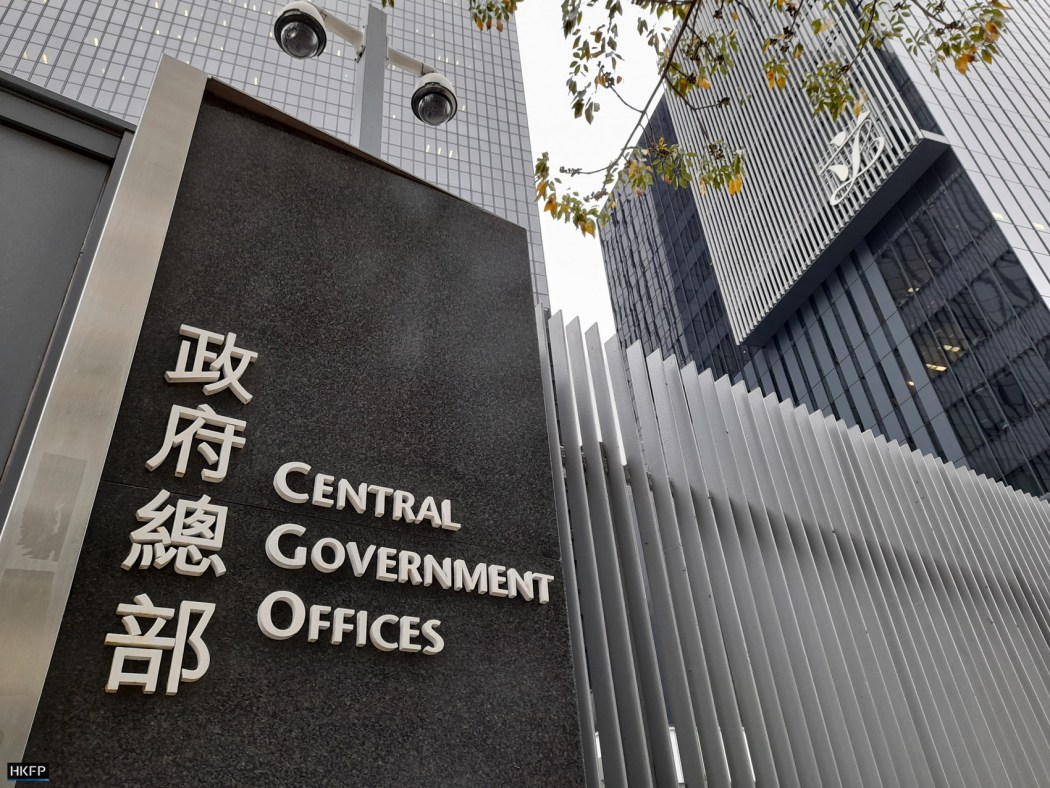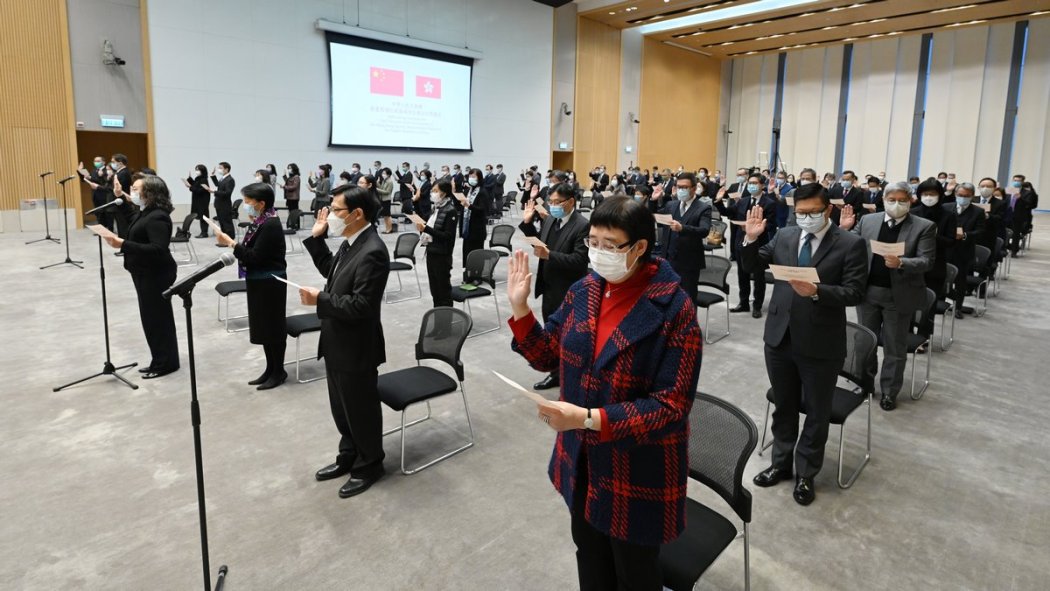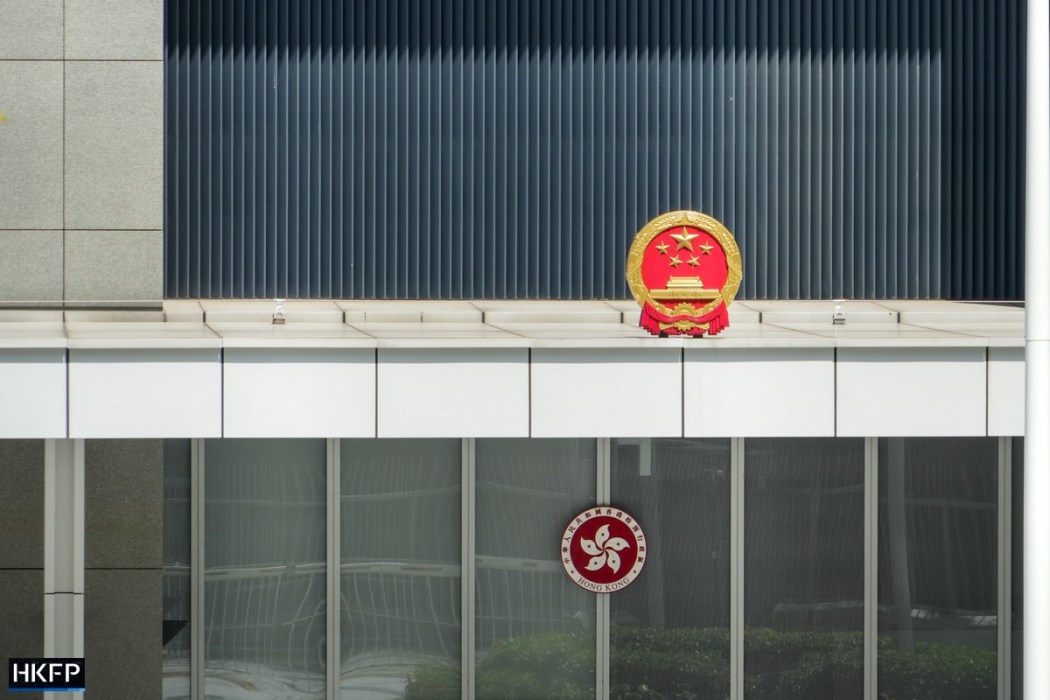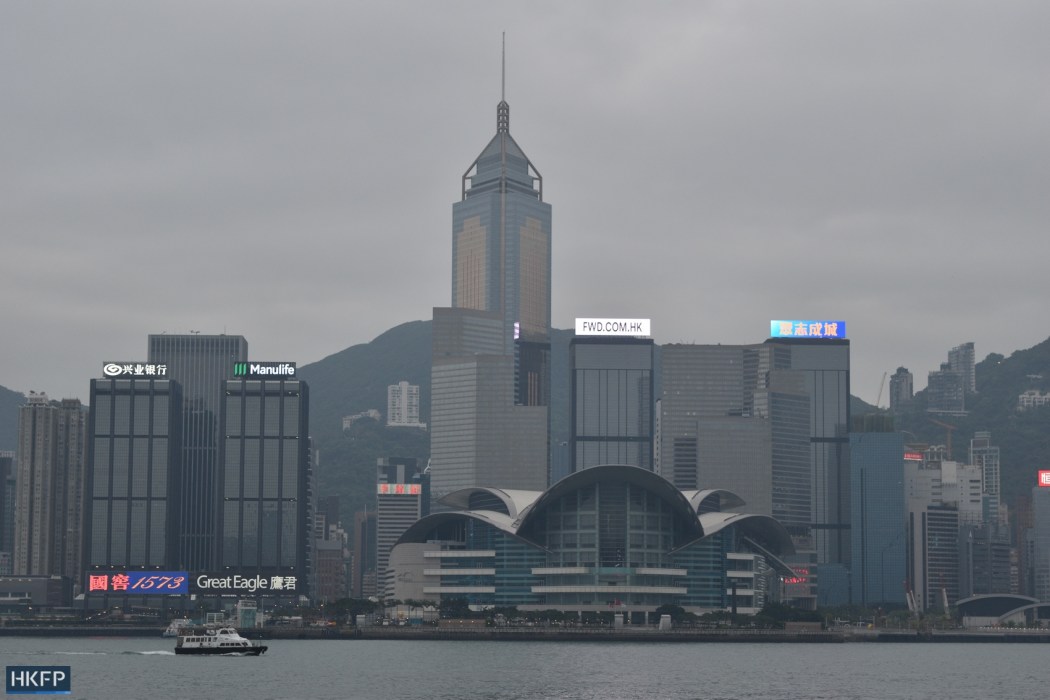Chief Executive John Lee raised the prospect of civil service reform in the 2022 Policy Address last week.
We have not seen civil service reform in Hong Kong for a generation. The reforms in 1999 focused on cutting costs in the wake of the 1998-99 Asian financial crisis. The government cut salaries and abolished pensions for newcomers. Authorities also cut head count through a voluntary retirement scheme. That was it, more or less.

Lee devoted seven paragraphs of his 150-paragraph Policy Address to improving governance. He focused on governance systems and efficacy, calling for unity, a more results-oriented culture, and improved civil service performance management. These are mostly welcome initiatives, many of which Hong Kong has discussed before.
Most of our government leaders, the principal officials, are former civil servants. They are apparently pushing for civil service reform. Having spent decades on the inside, they understand the system. Pressure for civil service reform in Hong Kong usually comes from the inside and only occasionally from business. This time is no exception.

For Lee, improving governance focuses almost exclusively on the government; yet the essence of governance is co-production involving government, businesses, and civil society.
True, the Policy Address recognises this for housing and calls for public-private partnerships. Generally, however, the address sees citizens as passive receivers of government services. Effective governance requires engaging the people, building partnerships broadly not just with business, and sharing decision making authority, to co-produce the results we all want. Government needs the people to be more than passive recipients of services.
Hong Kong’s civil society now, post-national security law, still provides many policy alternatives. Hong Kong has no shortage of policy entrepreneurs operating outside government: environmental and smart city activists, transport and housing specialists, and those operating in Hong Kong’s eight centres of strength the central government identified in the 14th five-year plan. Government needs to engage them.
Civil society is the already-existing “red team” Lee invented in the Policy Address to critique and oppose, and therefore improve, public policy. Strengthening government’s civic engagement to empower citizens is a missing part of plans for improving governance.
Lee singled out the civil service for special attention. He advocates updating the Civil Service Code, which is currently not fit for purpose. Lee points out that civil servants should be dedicated, people-oriented, team players, committed and responsible.

“They should have strong awareness of safeguarding national sovereignty, security and development interests and put the principle of ‘patriots administering Hong Kong’ into practice,” Lee said. All good, but this does not go far enough.
The current code identifies civil service core values as of equal importance. The list includes six categories of values, starting with commitment to the rule of law, and includes impartiality, political neutrality, and other values. Only at the end does the code urge civil servants to “act with a spirit of service to the community” and “deal with the public… fairly, efficiently, promptly, effectively, and sensibly.” This is a colonial civil service code and needs updating.
First, the code should make explicit and prioritise the core value of public service. Not everyone has public service motivation, and public service should not be assumed as it is now.
Government should hire and promote those with a passion for public service. Such a commitment is not highlighted in the current code. Government should adopt the strategies and processes needed to realise this value. But it should first articulate this core value as part of Lee’s culture change. Only by doing so can the government signal its determination to make the civil service more “people-oriented.”

Second, the most colonial aspect of the current code focuses on “political neutrality.” Appropriately, this provision values loyal service to “the government of the day.” But the code cautions civil servants not to let party affiliation or political party beliefs influence the discharge of their duties.
This proscription sits oddly with Hong Kong’s current situation. The Communist Party of China rules Hong Kong, and presumably is actively recruiting members here, including within the civil service.
The party has called Hong Kong’s adherence to political neutrality “a British practice,” adopted for a system in which elections and strong party competition determine governance outcomes. Clearly, we are not in this kind of situation today.
Currently we require all principal officials who are party members to resign from their party on assuming office. Why? In my view this is a ridiculous requirement, clearly out of step with Hong Kong’s current situation.

Authorities should scrap or completely rewrite the long section on political neutrality in the code. The government, which openly favours business with many policies that empower oligopoly in Hong Kong, has clearly not been “politically neutral.” Replace political neutrality with impartiality, already in the code, focused on fairness, justice, and equality, and then hold the government and the civil service to these values.
Improving governance also involves more effective management of civil service performance. Plans involve rewarding the meritorious through a new award scheme and dismissing persistent underperformers.
A new reward scheme is welcome and would publicly recognise those who have done outstanding work. Many have advocated reform of the civil service’s cumbersome disciplinary process, which allows the very small number of chronic slackers in the civil service to continue in office for much longer than they should.

Our semi-legal disciplinary system attempts to balance procedural justice and fairness with the need for effective administration. In theory, the chief executive may remove any civil servant “upon sufficient cause to him appearing.”. In practice, given high vacancy rates and staffing needs, the draconian power is rarely used.
Lee could use it, but this would cause other problems, such as reinforcing the civil service’s risk averse culture, the very thing he seeks to change. I’m not optimistic that Lee will change the civil service’s performance management system. Many have tried, layering on more reforms, with little impact. We shall see.
We need a civil service with a passion for public service built on an effective incentive system that goes beyond carrots and sticks. Pressure for reform should come from outside the civil service. More effective governance has its own rewards: increased public trust, and satisfied citizen. Surely this goal is worth pursuing.
Support HKFP | Policies & Ethics | Error/typo? | Contact Us | Newsletter | Transparency & Annual Report | Apps
Help safeguard press freedom & keep HKFP free for all readers by supporting our team
| HKFP is an impartial platform & does not necessarily share the views of opinion writers or advertisers. HKFP presents a diversity of views & regularly invites figures across the political spectrum to write for us. Press freedom is guaranteed under the Basic Law, security law, Bill of Rights and Chinese constitution. Opinion pieces aim to point out errors or defects in the government, law or policies, or aim to suggest ideas or alterations via legal means without an intention of hatred, discontent or hostility against the authorities or other communities. |

More HKFP OPINION:
HKFP has an impartial stance, transparent funding, and balanced coverage guided by an Ethics Code and Corrections Policy.
Support press freedom & help us surpass 1,000 monthly Patrons: 100% independent, governed by an ethics code & not-for-profit.










